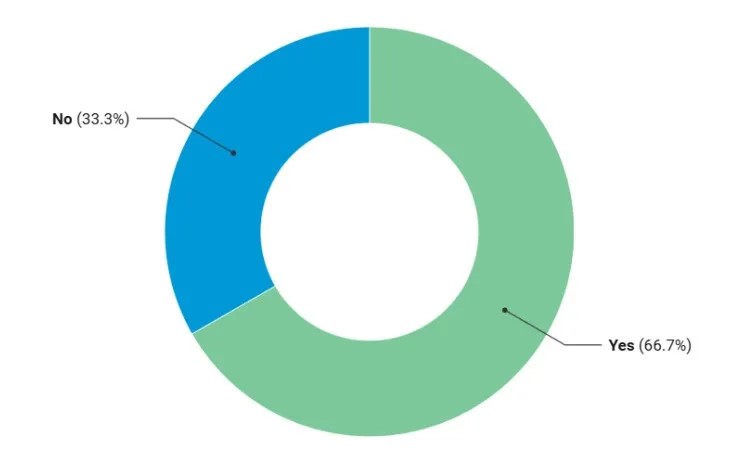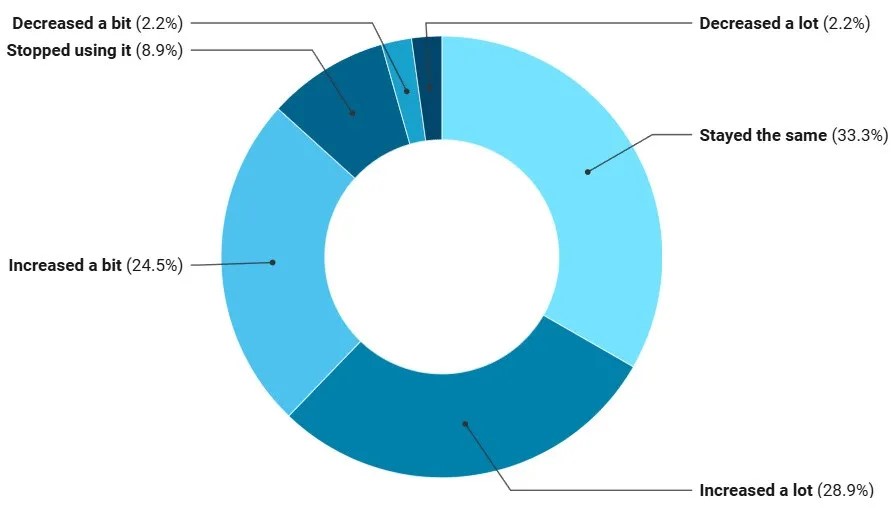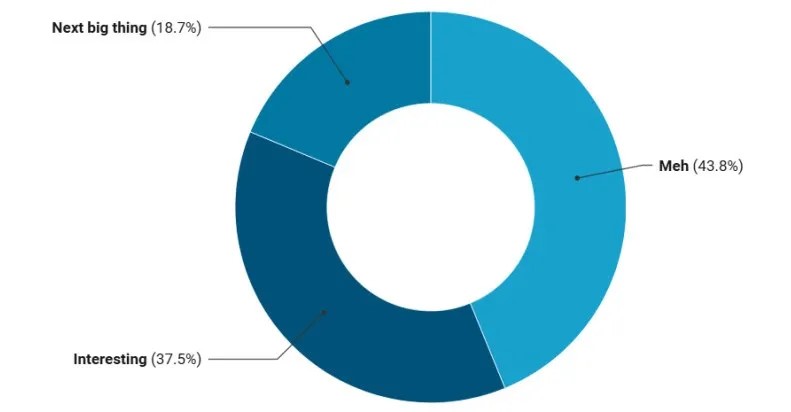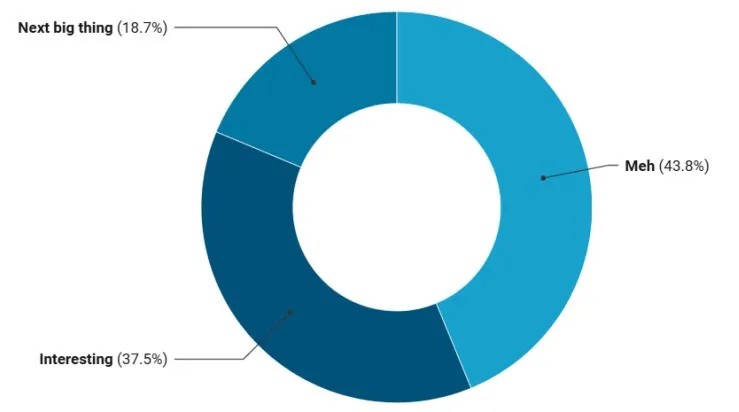人工智能能否独揽翻译大权?一探究竟!
2024年08月23日 10:00 山西

人工智能能否独揽翻译大权?
Can AI Agents Execute Complete Translation Workflows?

In the period between May and July 2024, publicly listed game services and localization provider Keywords Studios has been in the news about possibly going private. It became known in May that Swedish private equity firm EQT had made a GBP 2.2bn (USD 2.8bn) offer for the company. And as of the publication of this article, the companies had reached an agreement for GBP 2.1bn (USD 2.7bn).
2024年5月至7月期间,公开上市游戏服务公司和本地化提供商Keywords Studios 可能转为私有企业而备受关注,成为新闻焦点。今年5月,瑞典私募股权公司EQT提议以22亿英镑(28亿美元)收购该公司。截至本文发布之时,两家公司已达成以21亿英镑(27亿美元)的收购协议。
The acquisition of the London-listed Keywords Studios was recommended by the Board, and it is subject to shareholder approval. If it closes, the deal would give EQT 51% control of the company. The rest would be evenly split among the two other stakeholders, co-investors CPP Investments and Rosa Investments.
收购在伦敦上市的Keywords Studios ,此举由董事会提议,但仍须股东批准。如果交易成功,EQT将获得该公司51%的控制权。其余股份将由两个其他利益相关者——共同投资人加拿大养老基金投资公司(CPP Investments) 和香港罗沙证券有限公司(Rosa Investments) 平分。
There is considerable interest from private investors in language technology and language services (or a combination of both) as the first half of 2024 comes to an end, with firms like Valorem Group and Mayfair Equity Partners as examples of major fund infusions.
2024年上半年即将画上句号,但私人投资者对语言技术及服务领域的热情不减反增!Valorem Group和Mayfair Equity Partners等公司大规模的资金投入,反映出市场对这一领域的高度重视。
We asked readers if they thought we would see a major language industry IPO this year, and while there are no definitive signs that this can happen, most (66.7%) said Yes. The rest (33.3%) said No.
我们曾询问读者,他们是否认为今年会见证语言行业的重大首次公开募股(IPO)。尽管目前尚无明确迹象,但大多数(66.7%)认为会出现。而剩下的(33.3%)则持否定态度。
Will we see a major language industry IPO this year?
今年语言行业会迎来重大首次公开募股吗?
Poll on May 24, 2024. Vote Count: 21
下图是2024年5月24日的民意调查结果。投票共计21人。

(资料来源:Slator Weekly Email Newsletter)
Is ChatGPT Now an Everyday Tool?
ChatGPT:已成日常工具?
Maybe. For about a third of Slator readers, anyway.
有可能。至少对三分之一的Slator读者这样认为。
With OpenAI staying very present in people’s minds, through actual AI technology news or some new drama unfolding on X, it is easy to forget that ChatGPT will celebrate the second anniversary of its public launch this year. The question asked online about the LLM has gone from “Have you tried it?” to “Have you tried it for this or that?” to “How are you using it?”
OpenAI一直占据着人们的关注,无论是通过最新的AI技术新闻,还是在X平台上上演的新戏码,我们很容易忘记ChatGPT今年将迎来公开发布两周年庆典。关于这一大型语言模型的讨论,也从“你试过了吗?”演变为“你用它做过这个或那个吗?”再到“你现在是怎么使用它?”
That includes Slator’s Reader Polls, answered weekly in our language industry newsletter, with ChatGPT having de facto relevance because, well, the bot can translate. We first asked readers in December 2022 how big of a deal ChatGPT was, and over a third (37.9%) said back then it was a “very big deal.”
这也体现在Slator的读者调查中,每周这些调查都发布在我们的语言行业新闻简报中。ChatGPT由于其翻译能力,实际上成为了一个不可忽视的存在。2022年12月,我们首次询问读者关于ChatGPT重要性,超过三分之一(37.9%)的读者认为它“非常重要”。
We have continued asking readers periodically about their use of ChatGPT, including whether that use included machine translation (MT), ChatGPT’s impact on the language industry in the short term, and more. As of July 2024 the model has significantly evolved and the latest Slator question to readers about it has evolved as well: How has your use of ChatGPT / other LLMs developed so far in 2024?
我们定期询问读者他们使用ChatGPT的情况,包括是否使用机器翻译(MT)、ChatGPT在短期内对语言行业的影响等。截至2024年7月,该模型已得到显著发展,而Slator对读者的最新提问也随之演变:到2024年为止,你对ChatGPT/其他大型语言模型的使用情况如何?
For a little over a third (33.3%) of readers, the use of ChatGPT stayed the same. Use increased a lot for over a quarter (28.9%) and a bit for under a quarter (24.5%). There is an even split among readers whose use decreased a bit (2.2%) or a lot (2.2%). The rest (8.9%) stopped using it altogether.
略高于三分之一(33.3%)的读者对ChatGPT的使用保持不变。超过四分之一(28.9%)的读者表示使用大幅增加,约四分之一(24.5%)的读者表示使用略有增加。而使用情况减少一点(2.2%)或减少很多(2.2%)的读者则均等。其余的(8.9%)则表示完全停止使用。
How has your use of ChatGPT / other LLMs developed so far in 2024?
到2024年为止,对ChatGPT/其他大型语言模型使用情况如何?
Poll on May 31, 2024. Vote Count: 45
下图是2024年5月31日的民意调查结果。投票共计45人。

(资料来源:Slator Weekly Email Newsletter)
TMSs at a Crossroads
TMSs走到十字路口
The production side of language services has heavily relied on the tried and true features of translation management systems (TMSs) since the 1990s. And until neural machine translation entered the localization process, the general structure of TMSs underwent little change.
自20世纪90年代以来,语言服务的生产端一直严重依赖行之有效的翻译管理系统(TMSs)。在神经机器翻译进入本地化流程之前,TMSs的整体结构几乎没有变化。
Things are very different in July 2024. Machine translation (MT), now enabled by AI, is but a small component of the translation and localization cycle, and the management aspects of the process can all now be highly automated and integrated using AI.
然而,到了2024年7月,情况大不相同。 现在由AI驱动的机器翻译(MT)只是翻译和本地化流程中的一小部分,整个流程的管理方面都可以使用AI实现高度自动化和集成。
While a few of the well-established TMSs have incorporated some level of automation, new products continue to enter the market, at the same time driving localization buyer expectations. A look at AI orchestration for localization, for example, can alone serve as an example of what is now possible.
虽然一些成熟的TMSs已经采用了一定程度的自动化,但新产品仍不断涌入市场,提高了本地化买家的期望。例如,仅通过AI编排在本地化领域的应用,就足以展示目前技术所能达到的能力和可能性。
We asked readers if they are happy with their TMS, and most responders (48.0%) said “not really, needs improvement.” Over a third (36.0%) believe their current choice does the job, and the rest are content (16.0%) with it.
我们询问读者对TMS是否满意,结果显示,大多数受访者(48.0%)表示“不是很满意,需要改进。”超过三分之一的人(36.0%)认为当前系统能完成工作,其余的(16.0%)则对现有系统表示满意。
Are you happy with your TMS?
对当前的翻译管理系统满意吗?
Poll on June 7, 2024. Vote Count: 25
下图是2024年6月7日的民意调查结果。投票共计25人。

(资料来源:Slator Weekly Email Newsletter)
Tell My Agent to Do It
让AI代理去做
A look at the industrial robots working car assembly lines (like entire sections of the Volkswagen mega factory in Wolfsburg, Germany), or at those doing visual quality assurance (like the ones made by COGNEX and Mitsubishi), implies that having their virtual AI counterparts work a fully automated cognitive stream of tasks is no novelty.
看看那些汽车组装线的工业机器人(如德国沃尔夫斯堡的大众汽车大型工厂),或者AI视觉质量检测的机器人(如康耐视和三菱制造的自动化视觉检测),你会发现,让人工智能代理自动执行一系列需要认知能力的任务,这已经不是什么新奇事了。
In fact, Andrew Ng, a recognized AI pioneer and expert researcher, created a prototype for AI agentic translation, released on June 11, 2024, as an open-source demo. In this case, the tasks are within a machine translation (MT) flow, and an agent asks an LLM (e.g., GPT-4 turbo) to translate text and then “reflect” on the output. This is not too different from functionalities already integrated into some of the newer AI translation systems, which can either self-correct or learn from human MTPE as a form of supervised machine learning.
事实上,公认的人工智能先驱和专家研究员吴恩达(Andrew Ng)创建了一个AI代理翻译的原型,于2024年6月11日发布,作为开源演示。这个原型能够在机器翻译过程中执行翻译任务,AI代理要求大型语言模型(如GPT-4 turbo)翻译文本,并在生成输出后对其进行“反思”。这种能力在一些新型的AI翻译系统中已经实现,它们可以自我改进或通过人类的监督学习来变得更准确。
Since all robots, physical and virtual, are built for task completion on the basis of predictability, the question is not whether a fully working automated process learned and run by AI agents is possible. That is a given and Ng showed it. The real question is, when and how would it be truly operational for commercial localization use cases? For what types of content and projects? And how can it be scaled?
无论是实体机器人还是虚拟机器人,所有机器人都是基于可预测性来完成任务,问题并不在于AI代理能否实现完全自动化的工作流程。吴恩达已经证明了这一点。真正的问题是,这种技术何时以及如何真正用于商业本地化用例?这种自动化过程适用于哪些类型的内容和项目?又如何进行规模化?
Those and other thoughts are in the minds of many, but surprisingly, most Slator readers (43.8%) are actually not that interested in agentic machine translation (“Meh”). A little over a third find the notion interesting (37.5%) and the rest (18.7%) think it is the next big thing.
很多人心中仍有很多问题,但令人惊讶的是,大多数Slator读者(43.8%)对代理机器翻译其实并不感兴趣(持“无所谓态度”)。略高于三分之一的读者觉得这一概念有趣(37.5%),其余的(18.7%)则认为这是下一个重大突破。
Thoughts on “agentic machine translation”
对“代理机器翻译”的看法
Poll on June 14, 2024. Vote Count: 32
下图是2024年6月7日的民意调查结果。投票共计32人。
(资料来源:Slator Weekly Email Newsletter)
特别说明:本文内容选自XXX官网,仅供学习交流使用,如有侵权请后台联系小编删除。


